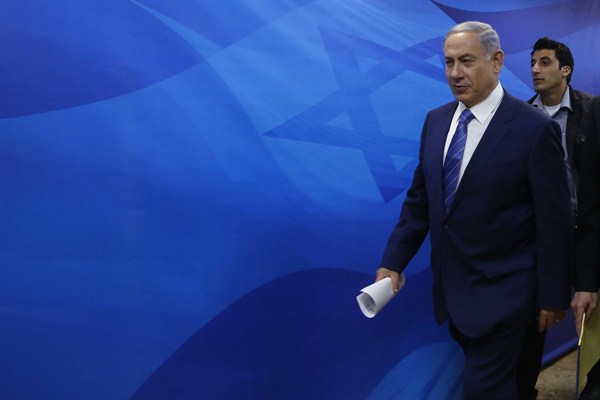Barring extraordinary circumstances, next month U.S. President Barack Obama will successfully sustain a veto of a congressional resolution against the nuclear agreement between six world powers and Iran, and the deal will be sealed. But in Israel, Prime Minister Benjamin Netanyahu’s opposition to the agreement continues unabated. What he expects to achieve by fighting the deal to the bitter end is still a mystery.
It is, however, already abundantly clear that considerable work is needed to repair the U.S.-Israel bilateral relationship, which has been frayed by the negotiations with Iran and Netanyahu’s attempts to derail them. Despite those strains, Israel is as dependent as ever on the U.S. for its security and still needs the U.S. to deal both with immediate challenges and long-range threats.
Short of survival, little is as important to Israeli national security as the relationship with the U.S. One would hope, probably forlornly, that Netanyahu will devote considerable efforts, commensurate with those he devoted to opposing the Iran deal, to salvaging ties with Obama and senior U.S. officials. And it would be only human if U.S. officials sought some payback of their own from Israel. The Obama administration has already promised new packages of weapons and security assistance to Israel, to offset dangers stemming from the nuclear deal. It is also in talks with Israel to extend a new 10-year military aid plan, once the current one expires in 2017, that would pay for Israel’s foreign military purchases, primarily from the U.S. defense industry.

